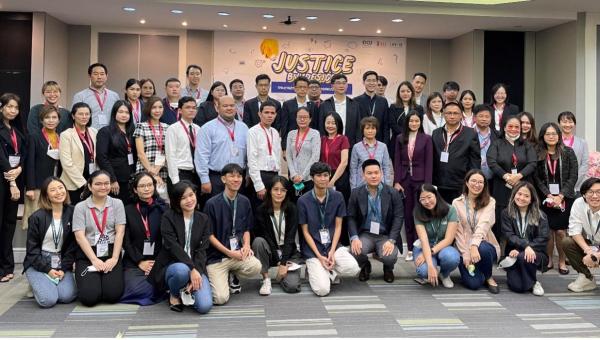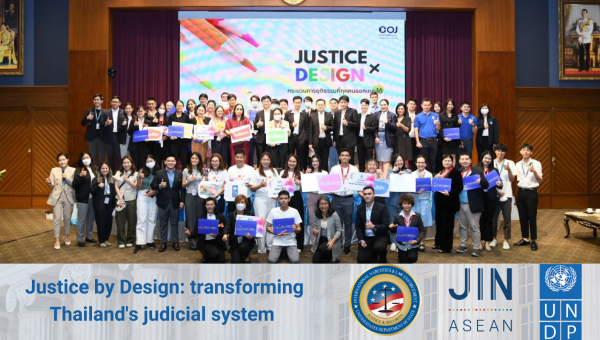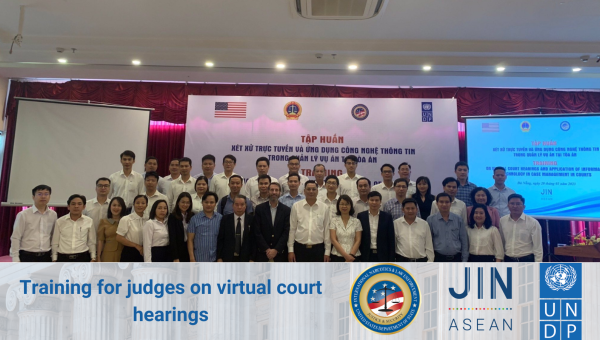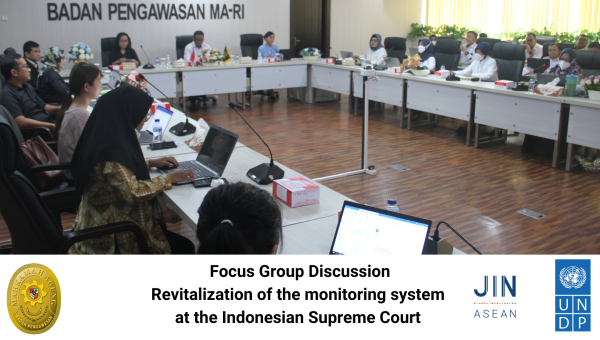
Regional activities
The Judicial Integrity Network, “A Network for Judges by Judges” was established in 2018, with Indonesia, Malaysia, Philippines, and Thailand as founding members.
In 2018, UNDP and the International Consortium for Court Excellence produced the Judicial Integrity Checklist, a tool designed to complement the International Framework for Court Excellence (IFCE), to support judiciaries in taking active steps to promote transparency, integrity, and accountability within their courts, as part of the broader quality management systems. The tool was piloted in Malaysia and the experience was shared in 2019 with the members of the Network. Following the conclusion for the self-assessment, UNDP provided technical assistance to implement the recommendations resulting from it.
In 2019, at the second Regional Network Meeting, hosted by the Supreme Court of Indonesia, Viet Nam joined the Network. Network members expressed interest in learning more about technologies and the judiciary, as well as gender issues.
In 2020, the Judicial Integrity Network supported Thailand to conduct and adapt the International Framework for Court Excellence’s Self-Assessment. The Judicial Integrity Checklist was updated in 2020 and it was also integrated into the third version of the ICCE judicial integrity self-assessment.
In May 2020 the Judicial Integrity Network in ASEAN organized a panel discussion on “Justice in Times of COVID-19”, attended by over 2000 judges, court administrators, and court staff from the region and beyond. The discussion touched upon the new technologies adopted by courts in the region to deliver justice in the changed context. They open up opportunities for open justice, but also bring up challenges, as discussed in the blog: “A “new possible” for justice after COVID-19: towards digital, open and inclusive courts”.
In 2021-2023, JIN ASEAN supported the implementation of country-specific initiatives in Indonesia, Thailand, Lao PDR and Vietnam, gathered judiciaries for online and in-person events, and published three research projects: Gender and Judicial Excellence, Emerging Technologies and Judicial Integrity and Empowering Judiciaries to Bring ROLHR Leadership to Decisions about Court Technology.

 Locations
Locations





